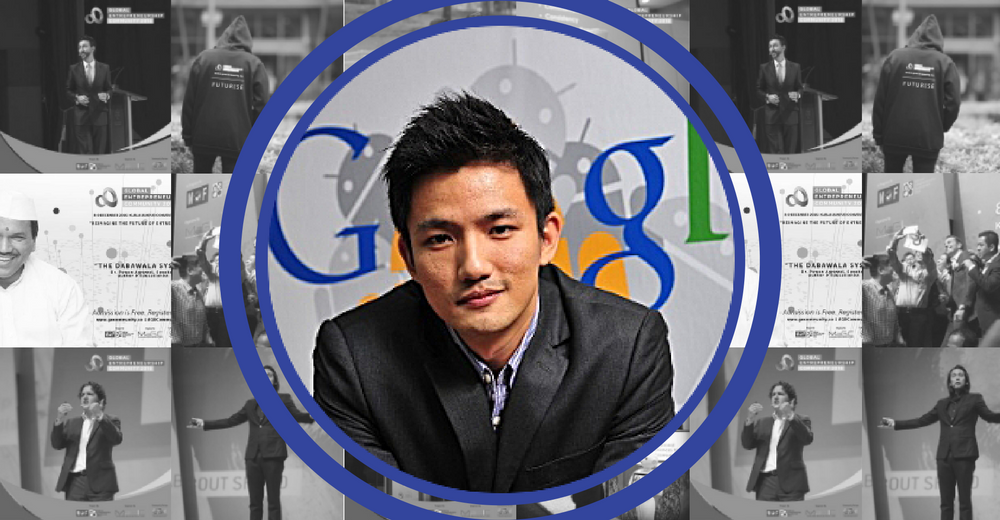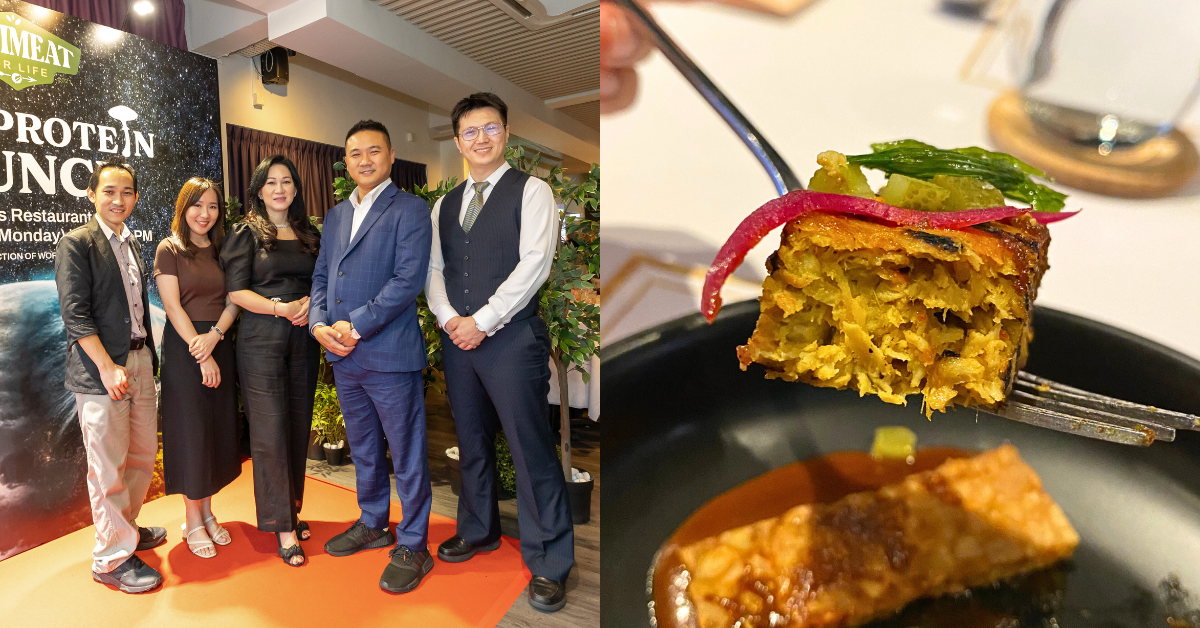From traditional businesses to e-commerce platforms, though most budding entrepreneurs worry about getting their businesses up and running, what comes after?
How do you turn a good business idea into something sustainable?
These are some of the questions that global experts have tried to address in the GECommunity talks last week, featuring notable entrepreneurs from Bill Rancic to Joel Neoh.
Our Prime Minister Najib Razak was even there to launch the event, themed around one word: Futurise.
As such, long-term thinking was definitely one of the key themes surrounding the talks that we attended that day.
We managed to catch up with one of Google’s Industry Heads, Marc Woo. Responsible for sales and partnership, he is a thought leader in Google’s E-commerce, Travel and Financial Services sectors.
He also advises local and international brands on business digitisation, so we picked his brain for some advice that he can provide to businesses about sustainability.
Be Focused And Be Flexible
One key question from us was this—what is the one advice that he could give that would benefit all the businesses in Malaysia? He thought long and hard about it, and gave us this juicy nugget:
“Focus on doing one thing really well. I take this off the page of Google, where we started out with just the search function. And we do it really well. When we got consumers, we focused on consumers, and everything else just flows.
Two: while you’re very focused, you should be flexible enough to adapt to new challenges. Marketing, for example is one. If your consumers are online, why are you still spending so much money on TV? You need to go with times.
So if you’re in a traditional business, learn to be flexible. Learn to listen. Learn to experiment. Dare to take mini-risks that won’t hamper your core business. Just focus but be flexible.”
Be Aware Of Trends And Shift If Necessary

While the theme of GEC was to have dialogue about futurising, Marc insisted that he cannot predict the future. Data analytics on Google searches can tell us many things, but it is all based in the past and the present.
But given as such, it is important to remember that a business, as has been repeated before, needs to be flexible in anticipating the future.
“From an e-commerce perspective, we are seeing a lot of searches or purchase intent for Muslimah wear. So people are expressing what they want through mobile phones. We use this as a marker of consumer impact.
So if we’re seeing more of this, shouldn’t entrepreneurs and e-commerce platforms cater to this rising trend? With more people searching for Muslimah wear, is there a need to localise the content into Malay for example, to better cater to them?”
But there are many established businesses that fail to adapt. Marc shared with us a specific example that he has seen too many times when it comes to innovation in business.
“The example would be how businesses spend on marketing, specifically how they spend on media. So if you were to pick a beauty company selling beauty and fragrance, would you do more of TV now or YouTube?”
When he asked us this, we easily answered with “Youtube”, as we thought that more makeup aficionados spent their time watching their favourite beauty gurus for product suggestions rather than television. Marc agreed with us and pressed on.
“YouTube can target your demographic in a very precise manner. YouTube has more reach. But that’s not the case with traditional businesses. They keep doing TV because it is something they’re used to…and somehow data doesn’t convince them.”
Mac concedes that there is some change in the way things are done, “But it’s not fast enough. If it was up to me, I would look at the time spent by my target market on all of these platforms. My target audience, are they spending more time on TV or YouTube? Online articles or newspaper? I would look at that and allocate my investments accordingly.”
He highlighted the cultivation of existing relationships as the key factor to this marketing decision. This is an important piece of advice that even the youngest and greenest of businesses should take heed of because they won’t be green for long.
There will come a time, perhaps in 5 or even 20 years when the established way to do things is not often the best. And it is important for businesses to acknowledge this and react accordingly to the times. Or preferably, become the disruptor to their own businesses to be the change in the times.
So How Do You Decide To Innovate?

Given all that Marc has said, particularly about doing one thing really well and innovating the rest, we then raised another question: How do you decide which segments of your business to innovate and which parts to retain?
“Retain the cash cow,” Marc said easily. “You trim off the rest, and you innovate what works.”
He continued, “Of course there are a lot of dimensions to this. Things along the lines of, what is your brand proposition in the market? What do you want to be known for? What value added service that you want to deliver to your potential customers throughout your lifetime?
It’s always about balancing different requirements and different wants to ensure that businesses survive in the long run so that one, there is focus in the core areas, and two, pivoting for the future.”
He compared it to a little bit of a juggling act, but said it was a necessary thought process when it comes to thinking about businesses in the modern, fast-paced age. Getting with the times is crucial, because if you don’t another company will.
In the end, as much as Marc would like to help businesses, advice is simply advice. It all boils down to the enterprises themselves on whether they take it or leave it.
But we do think it would be a shame for businesses to not at least glean some small insight into his thoughts, both as a seasoned advisor for businesses, and as a spokesperson for Google’s business growth.
Malaysian Global Innovation and Creativity Centre (MaGIC) aims to build a Sustainable Entrepreneurship Ecosystem by catalysing creativity & innovation for long term nation impact. Organised by MaGIC, the first Global Entrepreneurship Community (GECommunity) event, #GECommunity2016 was held on the 8th and 9th of December 2016. You can follow MaGIC on Instagram and Twitter for live feeds and updates of the event:@magic_cyberjaya









